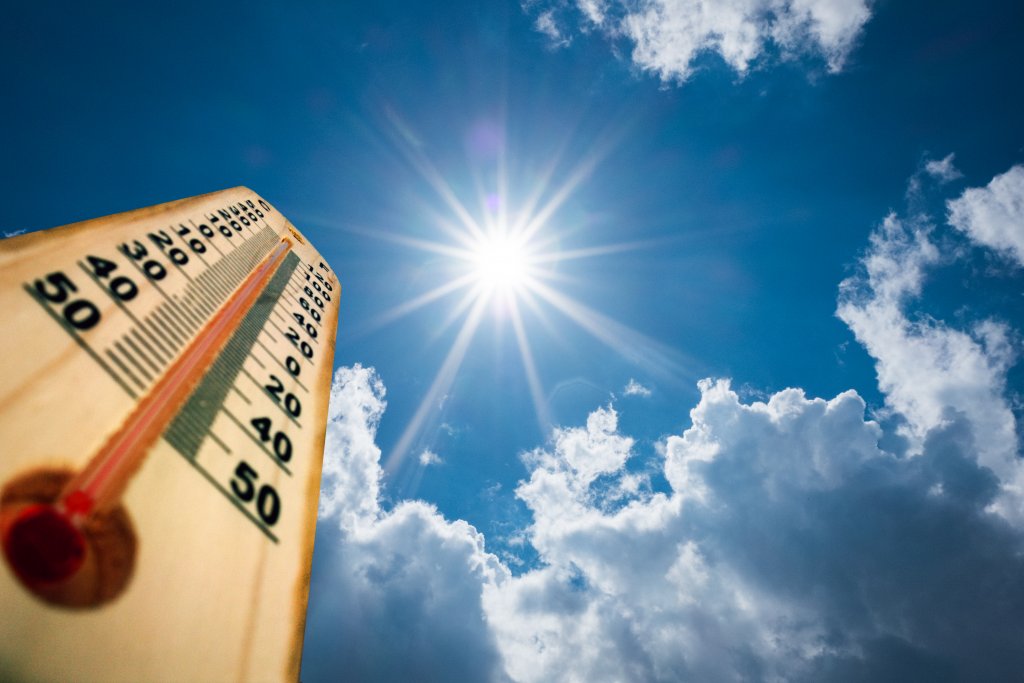Opinion: Hogan Veto Deprives Low-Income Marylanders of Their Fair Share of Energy Efficiency Benefits

By Ruth Ann Norton
Ruth Ann Norton ([email protected]) is president & CEO of Baltimore-based Green & Healthy Homes Initiative.
With the extreme heat of summer upon us, Governor Hogan’s recent veto of an energy efficiency bill failed to put in place measures to protect Maryland’s most vulnerable citizens.
House Bill 108 and Senate Bill 524, which passed the General Assembly this year with broad support from Democrats and Republicans, sought to lower the disproportionately high energy burden borne by low-income Marylanders.
Nearly one out of every five Maryland households qualifies as low income. Many of these residents live in buildings with inadequate weatherization and moldy or dusty air. They often lack proper insulation and energy efficient appliances. On hot summer days, the heat index in a low-income home in Maryland can reach 113 degrees, putting lives at risk due to lack of home weatherization.
This glaring disparity is due in part to flawed policy in Maryland. Residents who pay the highest share of their income for electricity – low-income Marylanders – are often last in line for ratepayer-funded energy efficiency retrofits in their homes. The EmPOWER Maryland program has successfully funded weatherization and energy efficient retrofits for years, but businesses and middle to upper income Marylanders were the most frequent beneficiaries.
House Bill 108, which Del. Lorig Charkoudian sponsored with Sen. Brian Feldman, sought to fix this injustice. With Governor Hogan’s veto, Maryland’s most vulnerable must wait for relief from a new governor.
Electricity is a regressive cost. Low-income Marylanders pay more than double what is considered a high burden, losing 13% of their household budget to energy bills. The lowest-income households in Maryland spend as much as 42% of their household budget on energy costs.
Our plan requires Maryland’s Department of Housing & Community Development to achieve energy consumption savings equal to 1% of annual low-income electricity demand in the state. Those savings would be achieved in 32,000 low-income homes annually through energy efficient retrofits like weatherization, new furnaces and air conditioning, and Energy Star appliances.
This would ease the energy burden on vulnerable residents, revitalize aging affordable housing units, mitigate health risks low-income residents face due to poor air quality, and help protect them from extreme heat and cold. The Hogan administration’s own report found that extreme heat is associated with increases in the risk of hospitalization in Maryland, including a 43% increase in Baltimore.
By setting clear performance targets, our plan would yield $165 million in direct bill savings to participating Maryland customers and return $1.35 in benefits for every $1 spent on retrofits.
Without setting low-income energy savings goals, we estimate it will take more than a century for all low-income Marylanders to have basic weatherization retrofits in their homes. With Baltimore area electricity prices rising 18% this year and inflation at a 40-year high, this is unjust and unacceptable.
As extreme weather from climate change impacts Maryland homes and our power grid, we must do better than the misguided veto of a bipartisan plan to help Maryland’s most vulnerable residents. Low-income residents pay into the EmPOWER program and deserve their fair share of its benefits.
Maryland’s next governor and legislature can eliminate systemic inequalities in energy cost burdens with smart investments that deliver energy efficiency for all.




 Creative Commons Attribution
Creative Commons Attribution